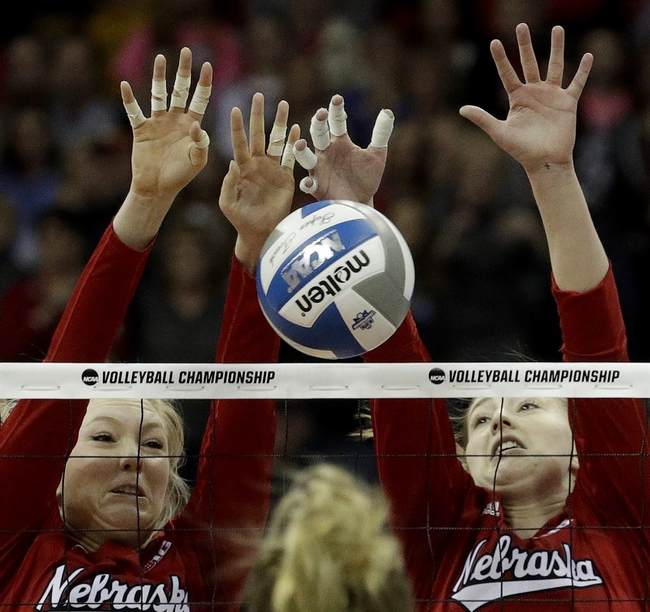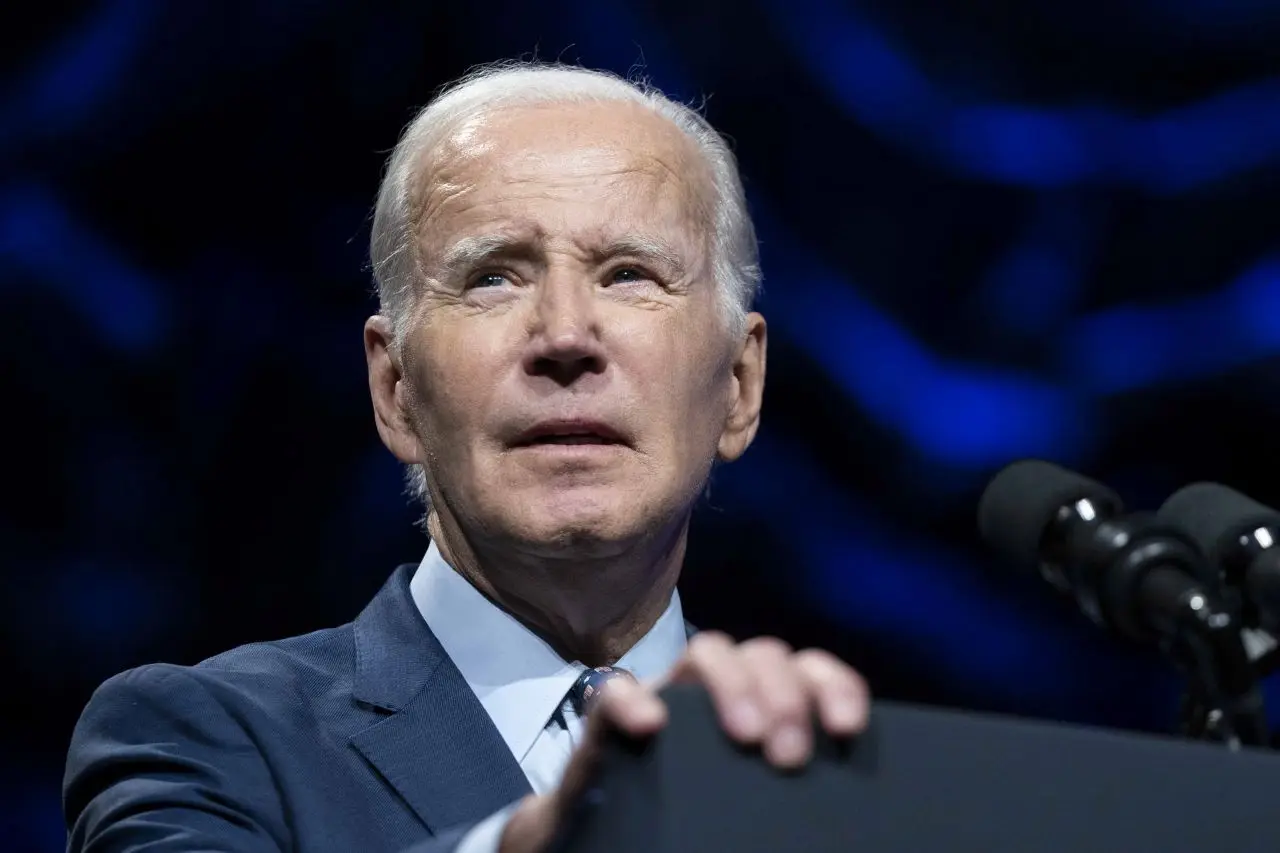Two teenage athletes at Martin Luther King High School in Riverside, California, have filed a lawsuit against their school, alleging that officials compared their “Save Girls’ Sports” T-shirts to “swastikas.”
The incident arose after the students, Kaitlyn and Taylor, wore the shirts to protest the inclusion of a transgender athlete on the girls’ varsity team.
The transgender student, according to the lawsuit, displaced Taylor from her position on the varsity team despite attending only a few practices.
Trump Surges To Victory – Get the Ultimate Trumpinator Bobblehead To Celebrate 2024!
Taylor, a dedicated athlete who consistently attended practices, expressed shock at being replaced by a transgender student who had recently transferred from another school.
The transgender athlete had previously set a cross-country record at their former school.
“My initial reaction was like, I was really surprised, because it was like, why is this happening to me?” Taylor said. “There’s a transgender student on the team. Why am I getting displaced when I’ve worked so hard and gone to all of the practices, and this student has only attended a few of the practices?”
Taylor and Kaitlyn wore the “Save Girls’ Sports” T-shirts to highlight what they viewed as an unfair policy.
The shirts prompted backlash from school officials, who allegedly claimed the shirts created a “hostile environment” and equated them to wearing swastikas.
Kaitlyn, who stood alongside Taylor in the protest, pushed back against the comparison, saying the intent was to raise awareness, not foster hate. “It was definitely hard to hear because we’re by no means trying to be hateful,” Kaitlyn said. “We’re just wearing a shirt that expresses what we believe in, trying to raise awareness to a situation.”
The lawsuit also points out perceived inconsistencies in the school’s policies. For instance, the transgender athlete was reportedly allowed to wear “trans pride” items, and an LGBTQ pride flag is displayed in a classroom.
The girls’ attorney, Julianne Fleischer, alleges that the school violated her clients’ First and Fourteenth Amendment rights as well as Title IX protections, which are designed to ensure equal opportunities in education and athletics for women.
“T.S., who had held a position on the girls’ varsity top seven since August 2024, was removed from the girls’ varsity top seven to make room for an eleventh-grade transgender student,” the lawsuit states. “T.S. was relegated to the junior varsity team for one of the most important meets of the season for college recruitment.”
Taylor also expressed concern that her removal from the varsity team could harm her prospects for college scholarships.
“We’re seeing more and more women and young girls speak up and challenge these policies that are allowing biological boys to join and participate in these sports,” Fleischer said. “We’re hopeful that even with the incoming administration and Congress that we’re going to see real positive change to Title IX that actually upholds and safeguards the rights of women.”
A 16 year old female athlete who has a MALE on her team spoke out at the RUSD board meeting.
“And it is not OK that I have to be in a position where I’m going to practice and having to see a male in booty shorts and having to see that around me. As a 16-year-old girl, I don’t… pic.twitter.com/QSHJotvTBJ
— Sophia Lorey (@SophiaSLorey) November 22, 2024
This lawsuit is part of a broader national debate about the inclusion of transgender athletes in women’s sports. In Merced, California, a Christian high school volleyball team recently forfeited a game to avoid competing against a transgender player.
Similarly, several colleges have refused to play against San Jose State University due to the inclusion of a male-born athlete on the women’s volleyball team.
The National Collegiate Athletic Association (NCAA) is also facing lawsuits over its policies allowing transgender athletes to compete in women’s sports.
As these cases gain momentum, they highlight the increasing tension between policies aimed at inclusion and efforts to preserve opportunities for female athletes.
This case in Riverside could set a precedent in the ongoing national debate.
The opinions expressed by contributors and/or content partners are their own and do not necessarily reflect the views of LifeZette. Contact us for guidelines on submitting your own commentary.
Read the full article here


![CA Teens Fight Back After Being Compared To Nazis For Standing Up Girls Sports [WATCH] CA Teens Fight Back After Being Compared To Nazis For Standing Up Girls Sports [WATCH]](https://www.lifezette.com/wp-content/uploads/2024/11/2024.11.14-02.48-lifezette-67360dd3b476a.jpg)



![Trump Drops Bombshell Video Linking Clintons to Mysterious Deaths [WATCH] Trump Drops Bombshell Video Linking Clintons to Mysterious Deaths [WATCH]](https://www.lifezette.com/wp-content/uploads/2024/10/2024.10.25-01.45-lifezette-671ba0fa504ae.jpg)


![Jim Jordan Announces Investigation of Pfizer’s COVID Vaccine Timing [WATCH] Jim Jordan Announces Investigation of Pfizer’s COVID Vaccine Timing [WATCH]](https://www.lifezette.com/wp-content/uploads/2025/05/2025.05.18-04.09-lifezette-682a0641f0aae.jpg)
